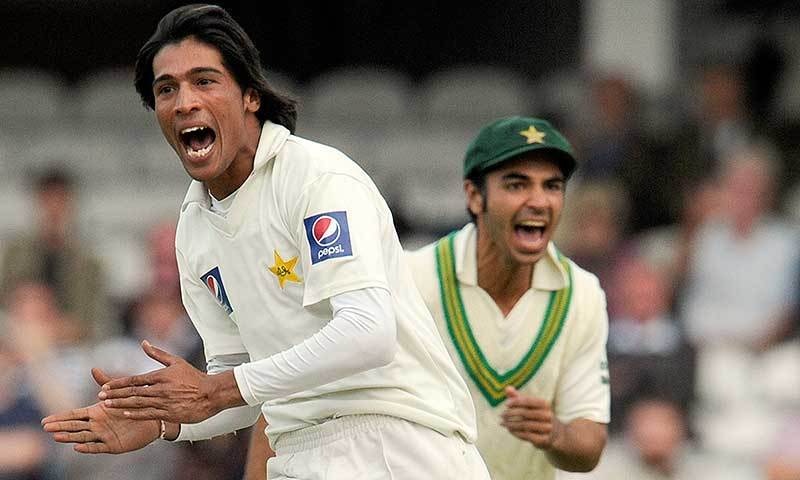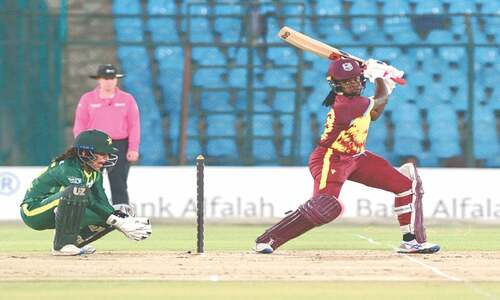Fate of spot-fixing trio in PCB's hands: ICC anti-corruption chief

International Cricket Council (ICC) Anti-corruption Unit chief Ronnie Flanagan said the fate of Pakistan's spot-fixing trio was now solely in the hands of the country's board but reiterated that he would keep a keen eye on the rehabilitation of the players.
Flanagan, who was speaking at an ICC anti-corruption workshop, 'Keep Cricket Clean', on Wednesday, said Salman Butt, Mohammad Amir and Mohammad Asif had been brought to justice as far as his unit was concerned.
“My professional responsibility as chairman of the Anti-Corruption Unit is to bring people to justice if they engage in matters of corruption. What actually happens to them thereafter has to be a matter for an independent tribunal, if it’s internal to cricket, or indeed if that case of the three Pakistan players, a matter for courts of law, as well,” Flanagan was quoted by the ICC website.
“These three players you mentioned have been dealt with. They’ve been punished. They’ve met their punishment. It’s now a matter, I think, for their home board to decide whether they should ever grace an international cricket team again,” he added.
Pakistan ruled out an early return to international cricket for the disgraced trio of when their spot-fixing bans ended on September 2 even after the ICC said the players were free to play all forms of cricket..
Flanagan, a former chief of the Police Service of Northern Ireland, said he was following developments in Pakistan closely.
“I can think one thing personally, but I mustn’t ever let what I think personally prevent the professional discharge of my responsibility, and my responsibility was to bring those players to justice, and they were brought to justice.”
“What happens to them thereafter, I think is very much a matter for their own home board, first of all, and I know they are going through a rigorous rehabilitation programme, and I will watch with interest to see the results of that programme.”
In February 2011, the anti-corruption tribunal of the ICC slapped a ban of five years on Amir, seven years on Asif -- of which the final two years were conditionally suspended -- and 10 years on Butt -- of which the final five years were conditionally suspended.
They were charged with violating the ICC code of conduct by receiving money in return for arranging deliberate no-balls during the Lord's Test against England in 2010.
Amir has already made a steady, if unspectacular, return to domestic cricket and he, Butt and Asif have all expressed a desire to eventually return to the national side.














































